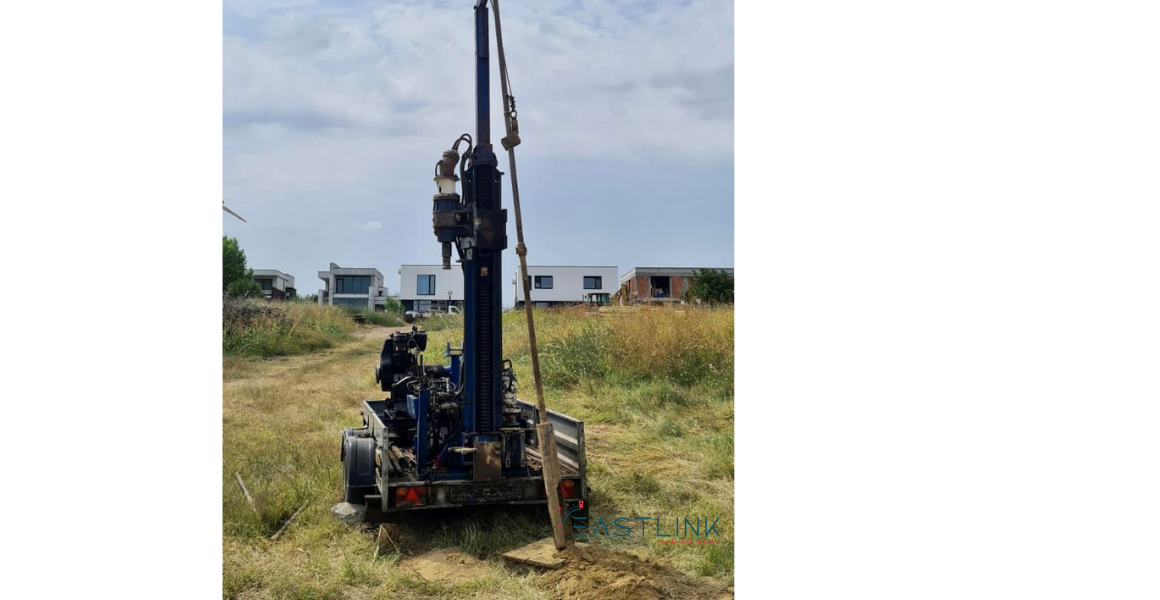The branch of civil engineering that studies the engineering behavior of earth materials is called geotechnical engineering, also known as geotechnics. In other words, it is about what is below the ground surface and its impact on the building and construction. The analysis of soil properties such as strength, density, material composition and other factors inform project teams so they can plan, design, and execute construction activities safely in accordance with these characteristics.

Nowadays, geotechnical engineering is present in every construction project. It has applications in different fields such as military, mining, petroleum, coastal engineering, and offshore construction. Soil and rock explorations, subsurface testing, foundation design and other subsurface structures are part of the geotechnical engineering process. It also monitors the construction from the start of the project in schematic design up to and including the delivery of the project.
A geotechnical study can reveal the following:
• determining the soil, bedrock and groundwater conditions that affect the design and construction of the project;
• Confirmation that the soil is suitable for design/construction;
• Identification of the potential project risks associated with underground conditions;
• Detection of unexpected field conditions that may affect design and construction;
• Confirmation that the construction is carried out in accordance with the agreed contract, quality assurance and quality control.
A test/exploration may involve drilling a borehole to collect samples of the subsurface materials. If it is natural soil over the entire depth, the same material can be found in the rest of the area of the construction structure. There are situations where the substrate can vary greatly, even on a small project site. In such cases, other methods of testing such as test wells, geoprobes, CPTs, or more boreholes would help determine the subsurface profile.
Geotechnical engineering ensures that the structures are built properly. Therefore, a geotechnical study must meet the requirements of the project. If not, significant issues will appear, either immediately or several years later such as structural cracks, settlement issues, soil loss and many other very expensive problems.